Game Pass wasn’t a novel idea when it first launched in 2017. The service was positioned as a direct competitor to Sony’s PlayStation Now (which has since been subsumed into PlayStation Plus) and was similar to the EA Play subscription offered on both the Xbox One and PS4. It’s an objective fact that PlayStation did subscription services first, but you could argue that Xbox has done them better. For starters, you can play games locally and don’t need to bother streaming them.
Game Pass has day one releases aplenty, while PS Plus has far fewer, and you can also use PC Game Pass with an Ultimate subscription. On top of that, Game Pass is a haven for indies that might struggle to find an audience otherwise.
The service has changed the way many of us interact with games to mirror how we interact with other media. There are hundreds of games available to us for a monthly fee that, much like with Netflix, lowers the barrier to entry for trying games out. Instead of having to pay full-price for titles that we might not end up enjoying, we can easily hop between games if they fail to capture our interest. They require much less from us, in both money and commitment.
I’ve long been interested in how Game Pass in particular may have changed the way that developers structure their games, but I’m thinking about it even more now that I’m playing Avowed. If it’s so easy for us to jump ship when a game doesn’t hook us, does Game Pass spell the end of slow burn games like this?
What Is A Slow Burn Game?
I broadly consider ‘slow burn games’ to be very long games that take a while to get going – often, these are huge RPGs that span tens or hundreds of hours, but are heavy on narrative and storytelling. Red Dead Redemption 2, a sprawling game that many consider to be one of the best games ever made, tells a complex story that unfurls across an entire country – and famously has an opening that’s difficult to love. Yakuza 0, one of my favourite games of all time, tells a similarly epic story laced with drama, crime, and absurdity.
Persona 5, a 100 hour game even if you don’t do anything apart from the main story, doesn’t introduce its main mechanics until you’re well into the game. And the polarising Death Stranding relishes being a slow burn, moving at a snail’s pace and forcing you to do menial tasks throughout.
These games might not grab players immediately – it took me two tries to get into Persona 5, and I was so bored by Death Stranding that I never got very far despite multiple attempts. And yet all of them have huge, passionate fan bases who love them precisely because of the way they’re made.
Compare these games to Xbox’s recent and upcoming Day One Game Pass releases. Senua’s Saga: Hellblade 2 took under ten hours to beat. Indiana Jones and The Great Circle was about 25 hours long if you count the side content. Avowed is about 40, but that’s only if you seek everything out. I wouldn’t be surprised if South of Midnight runs for about 12 hours, while The Outer Worlds 2 likely won’t be much longer than its under-30 hour predecessor.
It’s hard to say how long Doom: The Dark Ages or Fable will be, though, and it’s worth noting that Doom and The Outer Worlds 2 will be multi platform releases.
Few of these games are sprawling RPGs that require a ton of investment or tell long, convoluted stories. Instead, Xbox is putting out games that appear to respect players’ time.
Do Game Pass Games Get To Be Slow Burns?
This is likely because players have expressed that they want shorter games that aren’t packed with filler content that artificially inflates their runtime – I’m one of those people.
But that’s not to say these massive games aren’t still being made. They exist, they’re just not launched on Game Pass. Like a Dragon: Infinite Wealth takes about 80 hours with side content. Metaphor: ReFantazio is about as long. Final Fantasy 7 Rebirth takes over 90 hours, and it’s just the middle game of a trilogy that reinterprets the JRPG classic, which originally told its entire story in 50 hours. These are all games that came out last year alone and thrived. All of them were nominated at The Game Awards. These are also all games I would classify as slow burns.

Related
PlayStation Plus’ Day One Releases Still Can’t Keep Up With Game Pass
But man, if it isn’t bringing us some good games.
These games don’t need to be on Game Pass. They had enough of a fanbase that they would have, and indeed did succeed without that boost. But the point isn’t whether they needed to be on the service, but that they weren’t what we might normally consider Game Pass games.
Avowed is a Game Pass game. It’s a harder sell than any of the three I just listed. Obsidian might be a well-known, much loved studio, but the Pillars of Eternity universe isn’t Yakuza, or Persona, or Final Fantasy. It’s far more niche, more cult classic than blockbuster. It makes sense for it to be on Game Pass because it’s shorter – half the length of either Pillars of Eternity game – and from a less popular series.
But is it shorter by necessity, or because it had to be a good Game Pass game? One could argue that the bigger a game is, the more the price of the subscription justifies itself. But I’m not sure that’s the case. If it’s so easy to move on to any of the hundreds of games in the catalog, did Avowed therefore have to be more Game Pass-y to appeal to players who are already used to this mode of using the service? And if this is the case with Avowed, is it going to be the case with all of Xbox’s exclusives from here on?
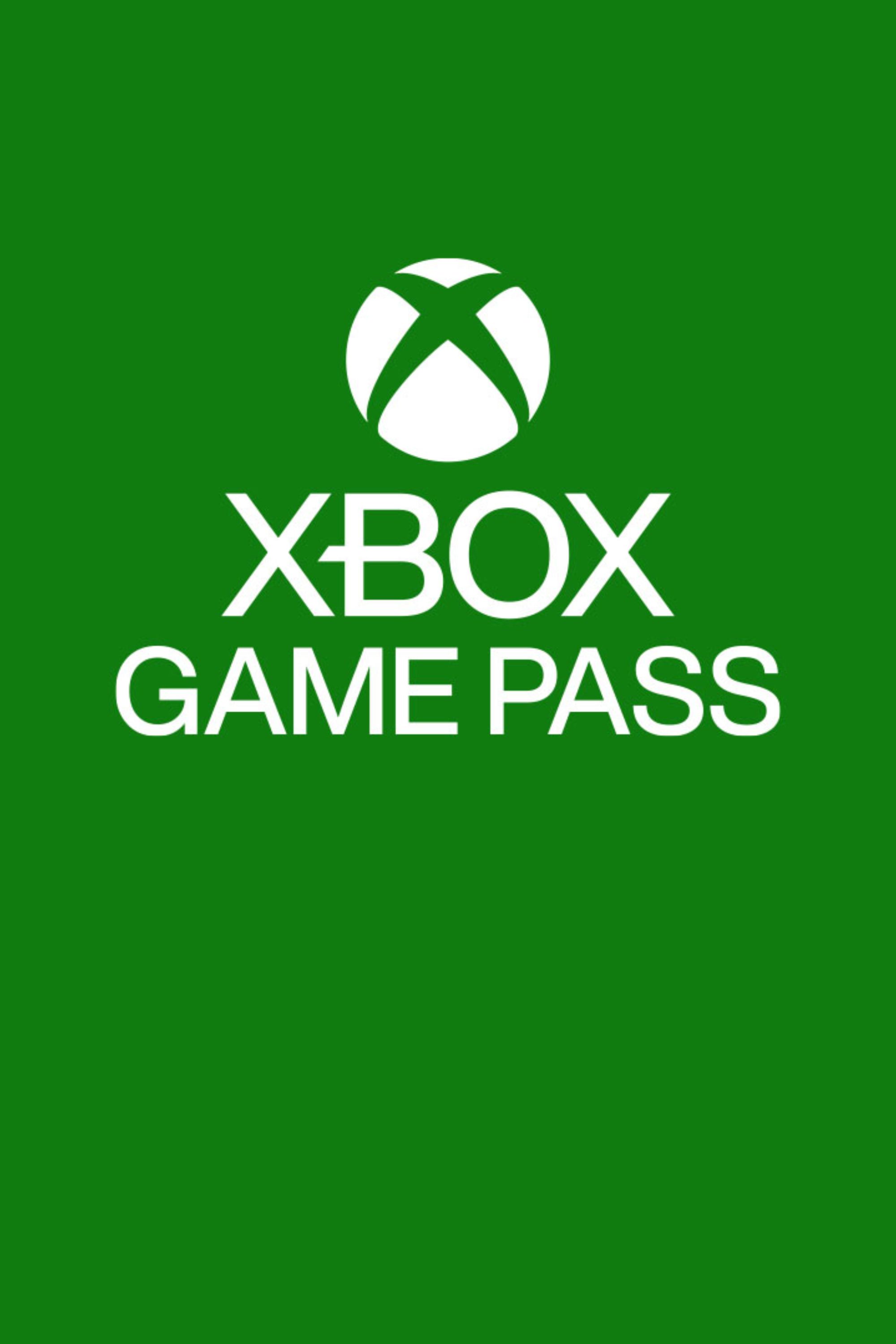
Xbox Game Pass
- Number of Devices Concurrently
-
Five, with Friends & Family (in limited countries)
- Number of Accounts
-
1 Primary Account Holder

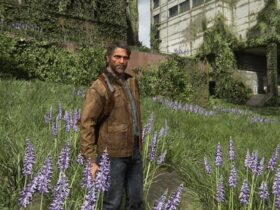

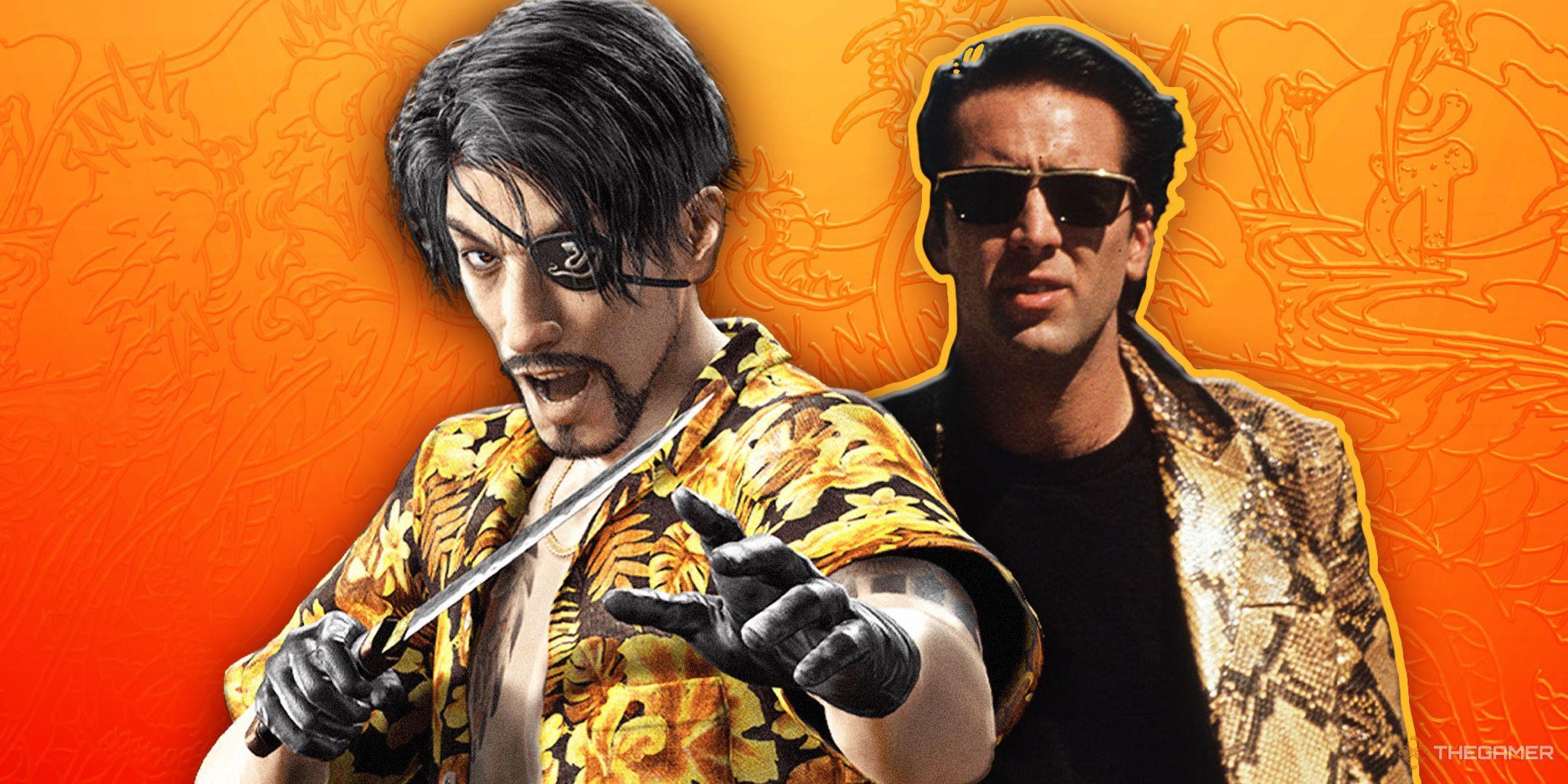
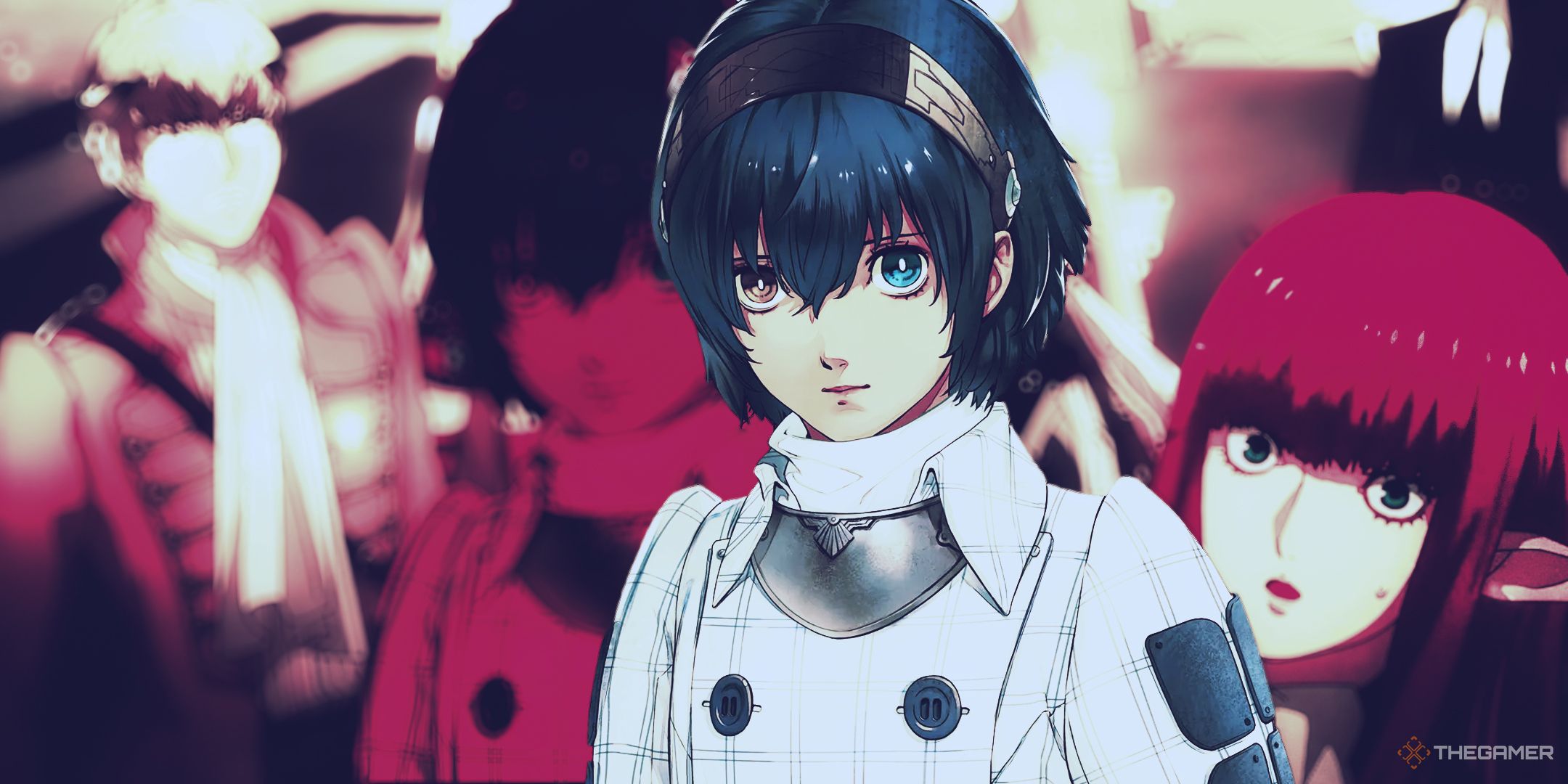




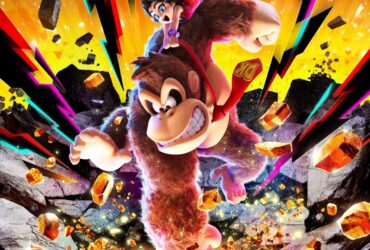
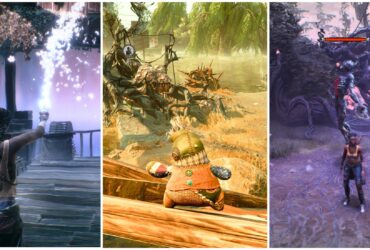
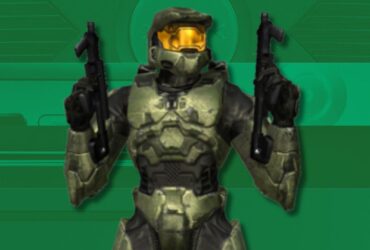
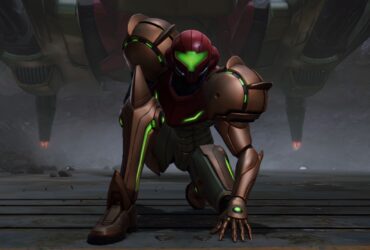
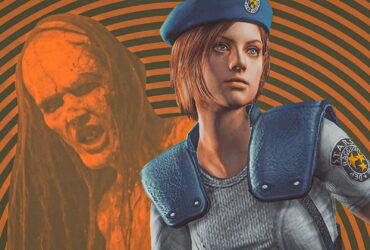
Leave a Reply